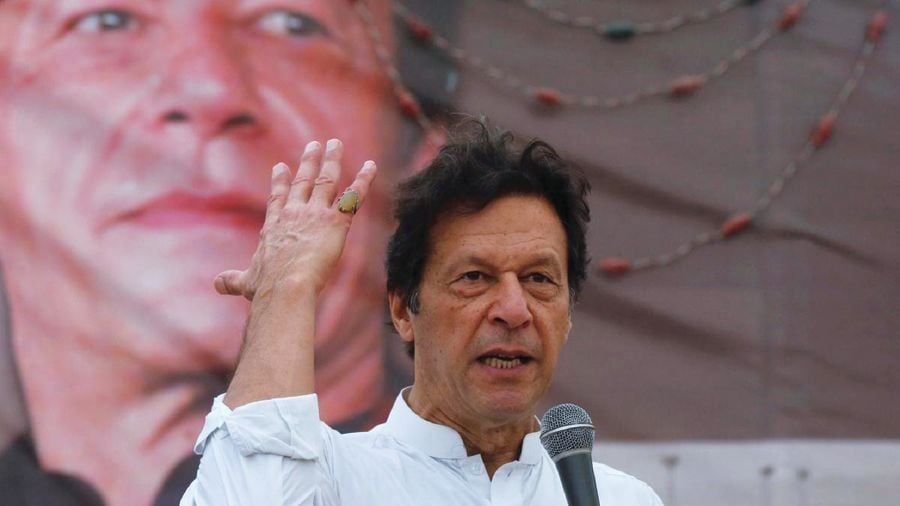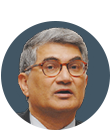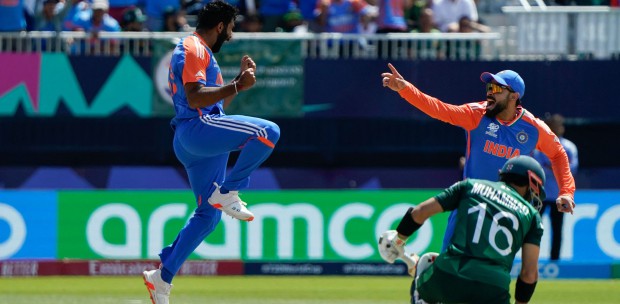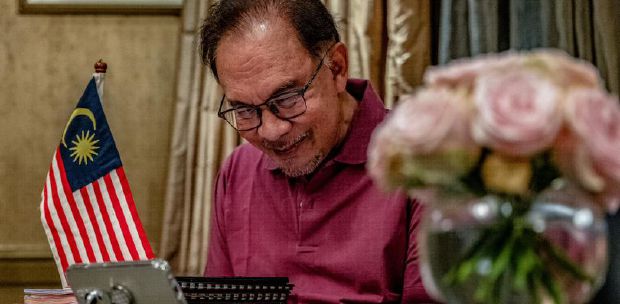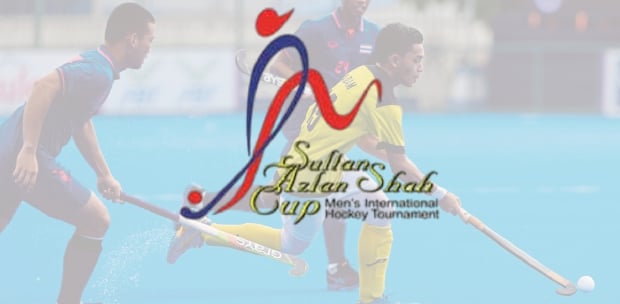THE year 2018 has, thus far, seen some memorable and infamous parliamentary and presidential elections.
The two memorable ones are an emphatic vindication of the democratic process and include the stunning victories of Pakatan Harapan (PH) in Malaysia and Recep Tayyip Erdogan’s decisive triumph in the Turkish presidential election. The infamous one was the 77 per cent “victory” of Vladimir Putin in the Russian presidential election in March, having already previously served two terms each as president and prime minister.
What does the rest of 2018 bode for the electoral process? Never mind the mid-term elections in November for United States Congress and Senate seats, which could see the end of GOP dominance of both houses and present a perennial pain in the butt for US presidents, in this case, Donald Trump.
Tomorrow, Pakistan goes to the polls in what promises to be either the “grandmother of all parliamentary elections” or a damp squib of business as usual, contested by the two traditional dynastic powerhouses of Pakistani politics since 1973.
One, with its stronghold in Sindh, is the Pakistan People’s Party (PPP) dominated by the Bhutto/Zardari clan, and the other, is the Pakistan Muslim League — Nawaz (PML-N), largely controlling Punjab. There is also the Pakistan Tehreek-e-Insaf (PTI) party led by former Pakistan cricket captain Imran Khan. Khan has been at it for 22 years — unsuccessfully trying to break the stranglehold of the Bhutto-Zardari and Nawaz Sharif clans, intermittently interjected by two military coups in 1977 by General Zia ul-Haq and in 1999 by General Pervez Musharraf.
The Bhutto-Zardari and Nawaz Sharif clans have served as prime ministers more than once. Both have been in exile more than once only to return and rejuvenate their dynastic ambitions. Both clans are fabulously wealthy, thanks to the state capture of huge chunks of the economy during their tenures.
In reality, Pakistani politics and elections are more complex. Already the allegations of army collusion, polls rigging and fake news are piling up. These two dynasties have controlled Pakistani politics for 45 years, save the years of military interventions. But there are many dynastic, clan and hereditary microcosms at play throughout the political and electoral map — whether it is the battle for Karachi, the commercial hub of the country; the Frontier Territories including the Khyber Pakhtunkhwa (KP) or the Federally Administered Tribal Areas (FATA); or Balochistan. The sad thing is that in Pakistan, dynastic politics in recent years has regressed by becoming more pervasive beyond the mere feudal clans to include the latter-day warlords, oligarchs and industrialists.
As such, Pakistan has become more dysfunctional, and politicians and industrialists are just as culpable as the warlords, religious extremists and the divisive armed forces that have served to undermine the country and its democracy with endless political violence from its inception in 1947 following the partition of India and the end of British rule.
Since the partition, Pakistan has had the notoriety of being subjected to four military coups; three assassinations — two of prime ministers Liaquat Ali Khan, the successor to Muhammed Ali Jinnah, the founding leader, and Benazir Bhutto, and one of General Zia ul-Haq; one execution of Prime Minister Zulfiqar Al Bhutto; and the secession of East Pakistan in 1971 to form the new state of Bangladesh, following a civil war and the intervention of India.
Traditional arguments and differences over policies and pledges have taken a back seat. The main contest will still be between PPP and PML-N, with PTI, according to the polls, the dark horse making a last-minute surge. Khan, in a BBC interview, stressed that until a year or so ago, he was disillusioned about Pakistan, but is now hopeful and the best prepared for the election than ever before.
The writer is an independent London-based economist and writer


